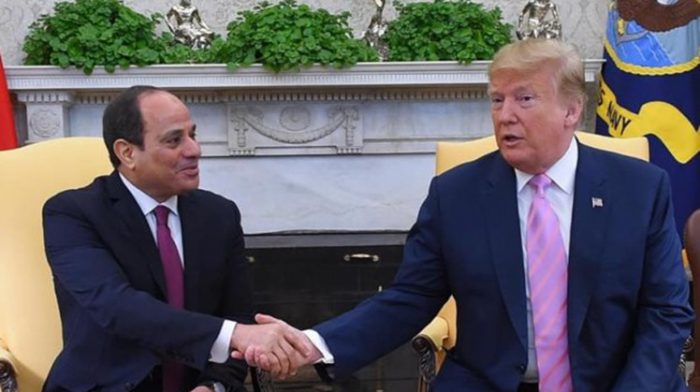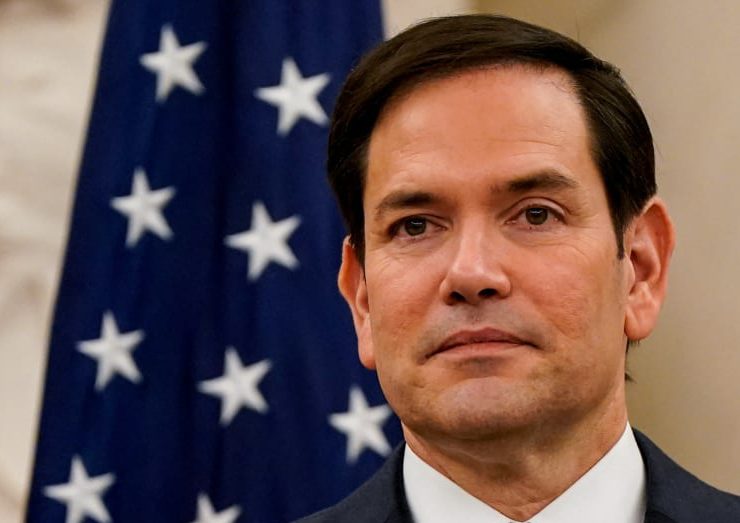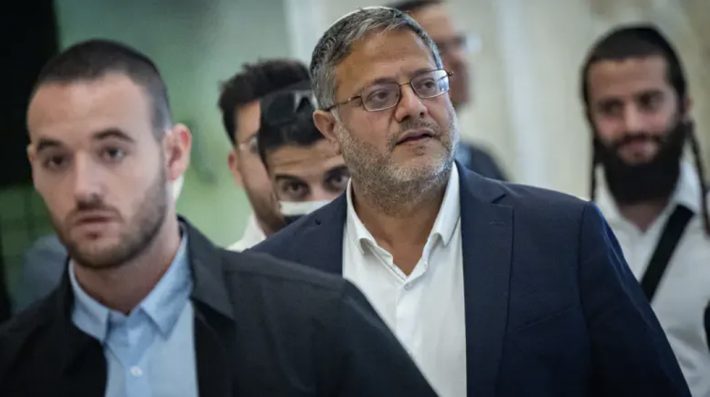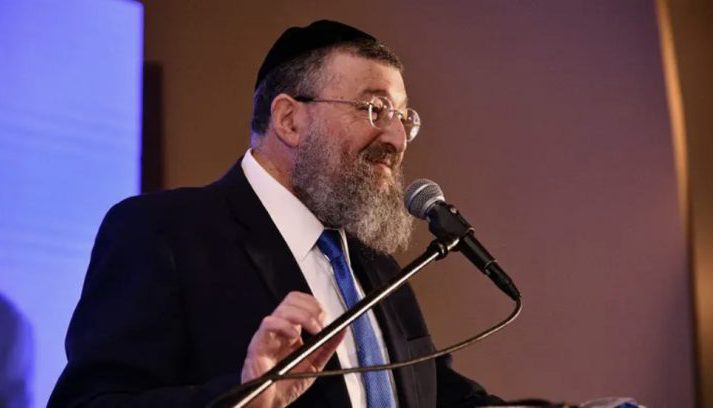Nine key Muslim and Arab nations back Trump’s UN resolution on Gaza peace plan, while Russia counters with its own competing draft.
In a remarkable diplomatic alignment, the United States and a powerful bloc of Middle Eastern and Muslim-majority nations issued a unified statement Friday backing a U.S.-drafted UN Security Council resolution designed to propel President Donald Trump’s sweeping Gaza peace plan forward.
The statement — released by the U.S. Mission to the United Nations — includes signatures from Qatar, Egypt, the UAE, Saudi Arabia, Jordan, Turkey, Indonesia, Pakistan, and the United States. The coalition declared firm support for the resolution endorsing the Comprehensive Plan to End the Gaza Conflict, unveiled on September 29 and reaffirmed last month at the Sharm El Sheikh summit.
The signatories framed the initiative as the first credible pathway toward genuine Palestinian self-determination, stabilization of Gaza, and regional peace.
“We emphasize that this is a sincere effort,” the joint message read, stressing that the plan offers a realistic framework for long-term peace — not only between Israelis and Palestinians, but across the broader Middle East.
They urged the Security Council to act without delay:
“We are looking forward to this resolution’s swift adoption.”
Their show of unity marks a major strategic win for Washington, which has worked intensively to build regional buy-in. The U.S. framework includes the creation of a two-year transitional governance body and an international stabilization force — mechanisms designed to block Hamas’ return to power and prevent Iranian interference while laying groundwork for political reform.
But Moscow quickly moved to disrupt the momentum.
Russia submitted a rival draft resolution to the Security Council — a counter-proposal that mirrors aspects of the U.S. plan but strips out crucial components, including the central American concept of a “Board of Peace” to administer Gaza during the transition period. While Russia claims its draft is “balanced and acceptable,” U.S. officials argue it dilutes the structure needed to secure Gaza and undermines efforts to prevent Iranian-backed groups from regaining control.
Russia’s version asks the UN Secretary-General merely to “identify options” for a stabilization force — a far weaker mandate that risks paralysis and ambiguity in Gaza’s post-war environment.
As diplomatic pressure builds, the showdown between Washington’s vision for a stabilized, post-Hamas Gaza and Moscow’s soft-pedaled alternative now moves to the heart of the UN Security Council. The outcome will shape the region’s security architecture — and Israel’s future — for years to come.





